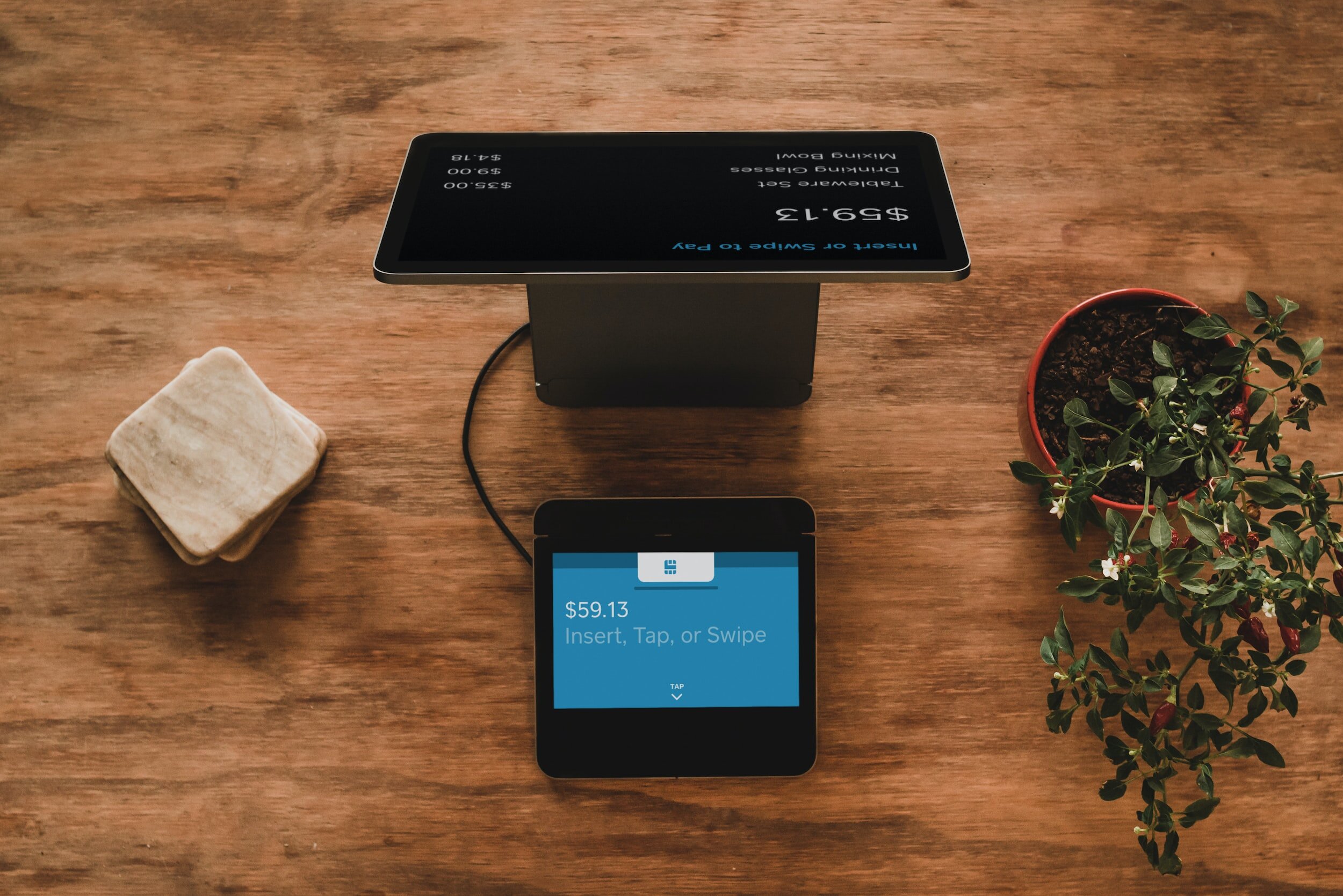What is a POS system and why is it important for your retail business?
A POS and inventory system, or point of sale system, is a software and hardware combination that allows businesses to process sales transactions, manage inventory, and perform other important functions related to sales and customer service. It typically includes a software interface that runs on a computer or mobile device, along with peripherals like a cash drawer, barcode scanner, and receipt printer.
When a customer makes a purchase, the POS and inventory system allows the retailer to enter the details of the transaction, including the items purchased, the price, and any discounts or taxes. The system then calculates the total amount due, and may prompt the customer to provide payment using cash, credit or debit card, or other payment methods.
The POS and inventory system also updates the business’s inventory records in real-time, reducing the risk of overstocking or understocking products. Additionally, many retail store POS systems offer features like customer relationship management (CRM), reporting and analytics, and employee management tools.
If you’re interested in a deep dive on specific terms of how a POS works, here is a link.
Using a retail store POS system can offer several benefits for retailers, including improved efficiency. A retail store POS system can speed up and improve the efficiency of the checkout process by automating numerous manual tasks that were previously completed by hand. The system can automatically calculate the total amount due, apply discounts, and calculate taxes, all with a few clicks. As a result, you save time and money and experience fewer errors when processing sales manually.
Better inventory management is another advantage of implementing a retail store POS system. Businesses can monitor inventory levels in real-time, see which products are selling well, and adjust inventory levels accordingly. This helps reduce the risk of stockouts, where products run out of stock, and overstocking, where there is excess inventory that doesn’t sell.
Enhanced customer service is a key benefit of using a retail store POS system. By gathering useful customer information and insights through the POS system, such as purchase history, purchasing patterns, and preferences, businesses can tailor marketing and sales efforts. This allows them to offer customers specific promotions and discounts based on their purchasing patterns, improving the overall customer experience and increasing customer loyalty.
Simplified reporting is another advantage of a POS system. Many POS systems include analytics and reporting tools that businesses can use to track sales trends, evaluate employee performance, and identify areas for improvement. This information can be used to make informed business decisions, such as adjusting pricing strategies, optimizing staffing levels, and identifying top-performing products.
Retailers in need of efficient store management, effective retail store management, skilled retail store managers, improved retail management, optimized retail inventory, and enhanced retail analytics can benefit greatly from implementing a POS system. It streamlines sales processes, manages inventory effectively, and improves customer service, resulting in a better overall retail experience.
